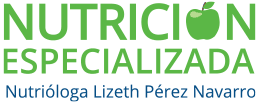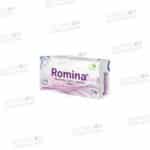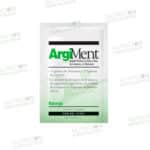Good nutrition or specialized nutrition is especially important when dealing with cancer because both the disease and its treatment can change the way you eat. Cancer and its treatment can also affect how your body tolerates certain foods.
Nutrient needs vary for each person with cancer Eating well while undergoing cancer treatment could help you:
Feel Better
• Maintain High Levels of Strength and Energy
Maintain Your Weight and Nutrient Reserves
• Better tolerate treatment-related side effects.
• Reduce the Risk of Infections
• Heal and Recover Faster
Nutrients
Proteins
Proteins are a necessity for growth and for body tissue repair, as is for maintaining a healthy immune system. When the body does not receive sufficient protein it is possible it can go after muscle mass to get the energy it needs. This can prolong the recovery time of the illness and reduce the resistance to infections. People with cancer often need more protein than usual especially after surgery, chemotherapy, or
radiation therapy. Additional protein is usually needed to heal tissues and help fight infections.
Good sources of protein include lean cuts of red meat, eggs, low-fat dairy products, nuts, peanut butter, beans, peas, lentils, and soy-based foods.
Fats
Fats play a significant role in nutrition, as they are a rich source of energy for the body.
Monounsaturated fats are primarily found in vegetable oils like canola, olive, and peanut oils.
Polyunsaturated fats are primarily found in vegetable oils like canola, olive, and peanut oils. Polyunsaturated fats are mainly found in vegetable oils like safflower, sunflower, and flaxseed oils. They are also abundant in seafood.
Saturated fats are mainly found in animal products such as red meats, poultry, whole or low-fat milk, cheese, and butter. Some vegetable oils like coconut, palm kernel, and palm oils are also saturated. Saturated fats can raise cholesterol levels and increase the risk of heart disease.
Trans fatty acids are formed when vegetable oils are processed into solid fats like margarine or shortening.
Sources of trans fats can be found in snacks and baked goods made with partially hydrogenated vegetable oil or vegetable shortening.
. Trans fats are also naturally present in some dairy products. Avoid trans fats as much as possible.
Carbohydrates
Carbohydrates are the body’s primary source of energy, providing the fuel needed for physical activity and proper organ function. The best carbohydrate sources (fruits, vegetables, and whole grains) supply essential vitamins and minerals.
Whole foods or those made from whole grains contain all the essential parts and naturally occurring nutrients of the entire grain seed. Whole grains can be found in cereals, bread, and flour. . Some whole grains like quinoa, brown rice, and barley can be used as side dishes. When selecting a whole-grain product, look for terms like “whole grain,” “whole wheat,” or similar on the label.
Fiber is the portion of plant foods that the body cannot digest. There are two types of fiber: insoluble fiber, which helps move waste through the digestive system more quickly, and soluble fiber, which binds to water in stool to soften it.
Other carbohydrate sources include bread, potatoes, rice, pasta, cereal, beans, corn, peas, and other legumes. Sweets (desserts, candies, and sugary beverages) can provide carbohydrates, but they offer very few vitamins, minerals, or phytonutrients.
Water
Every cell in the body requires water to function properly.
. If you don’t consume enough fluids or lose a significant amount of fluids due to vomiting and diarrhea, the body can become dehydrated.







